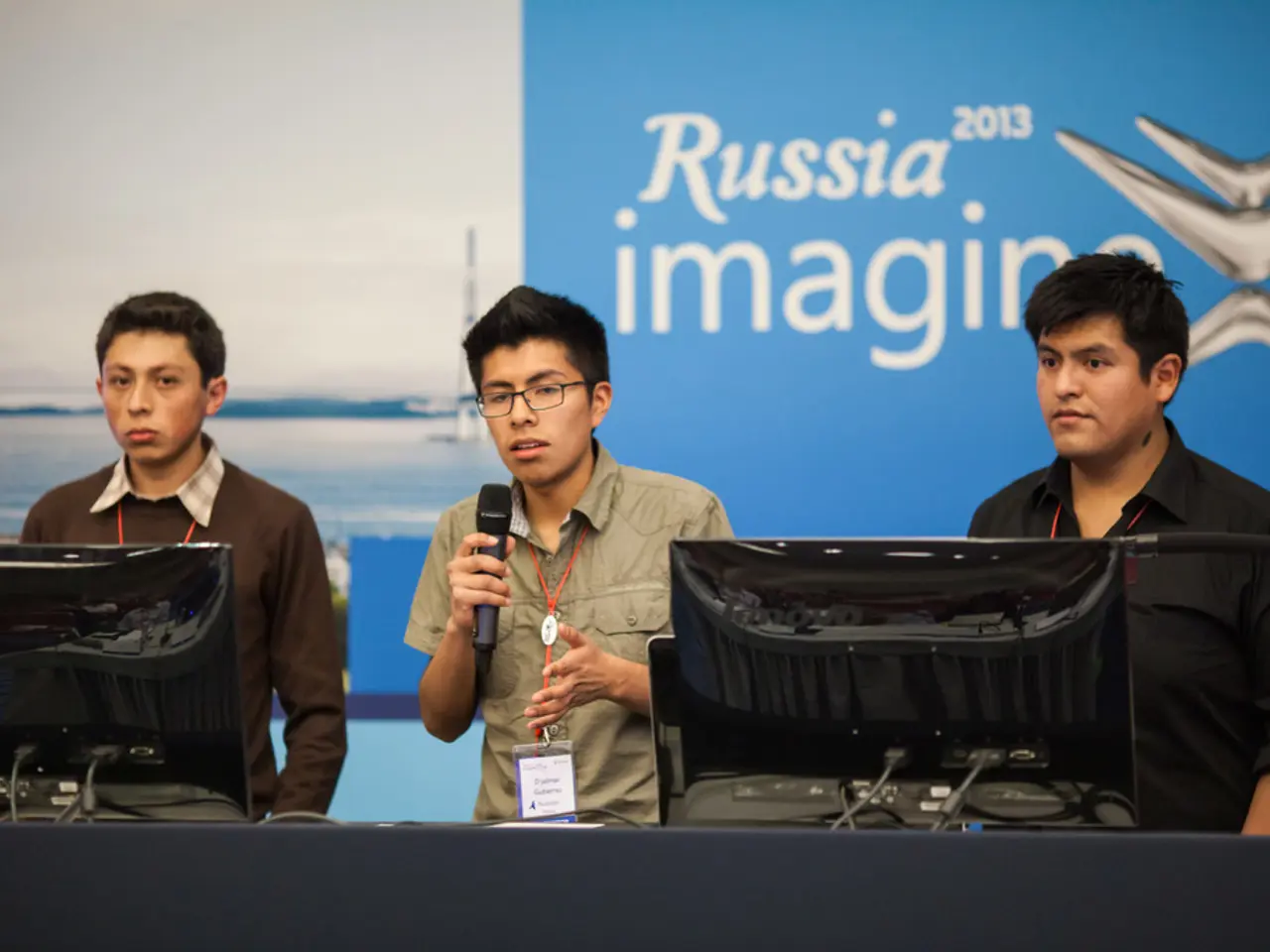Russia's overnight attacks on Ukraine reaffirm its stubborn pursuit of aggression
The much-anticipated summit between U.S. President Donald Trump and Russian President Vladimir Putin in Alaska on Friday failed to produce a ceasefire or a peace deal, as Russia continued its aggression against Ukraine.
Estonian Foreign Minister Margus Tsahkna, who attended the meeting, confirmed that Putin's demands for a resolution to the conflict were the same as those he made in 2022. Tsahkna emphasized that Putin's real goals have not changed and that a just and lasting peace must be based on the universally recognized principles of international law, including territorial integrity and sovereignty.
Despite Trump's suggestion of moving directly to a peace deal rather than requiring a ceasefire first, Putin did not agree to a ceasefire during the meeting. Instead, Putin demanded that Ukraine recognize the incorporation of the Donbas region into Russia, which Russia does not fully control, as a condition for peace.
Plans for a bilateral meeting between Putin and Ukrainian President Zelenskyy, as well as a tripartite meeting involving Trump, Putin, and Zelenskyy, were announced by Trump but met with Kremlin skepticism. Russia considered these proposals premature and instead suggested talks between lower-level Russian and Ukrainian officials.
Putin appears confident in continuing the conflict, hoping Russia can win, and is using promises of talks to delay substantive negotiations while the fighting and bombing of Ukrainian cities continues.
In a statement on Saturday, Tsahkna called for pressure on Russia to be strengthened, starting with tougher sanctions. He also reiterated Estonia's position: the root cause of the war is Putin's inability to accept the collapse of the Soviet Union.
Estonia will work to raise the cost of aggression, and Tsahkna called on Europe to take on more responsibility to end the aggression with a just and lasting peace.
Tragically, instead of a ceasefire, new missile and drone strikes targeting Ukrainian civilians were launched overnight following the meeting in Alaska. The situation on the ground remains one of ongoing conflict with tentative diplomatic efforts that have yet to materialize into meaningful progress.
[1] https://www.bbc.com/news/world-europe-56051206 [2] https://www.reuters.com/world/us/trump-putin-hold-news-conference-alaska-2025-08-19/ [3] https://www.nytimes.com/2025/08/19/world/europe/trump-putin-alaska-summit.html
- The ongoing war-and-conflicts in Ukraine, involving Russia, are deeply rooted in politics, with the root cause identified as Russia's inability to accept the collapse of the Soviet Union, as stated by Estonian Foreign Minister Margus Tsahkna.
- Despite diplomatic efforts, general-news sources report that tentative truces, such as the one proposed during the Trump-Putin summit, have yet to materialize into meaningful progress, as Russia continues to demand territorial changes and control over the Donbas region, fueling the ongoing conflict.







